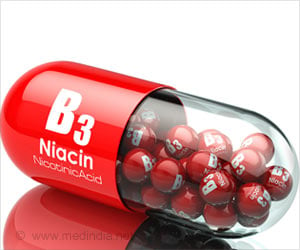A new virtual reality tool helps scientists identify anti-viral drugs for COVID-19.

TOP INSIGHT
Researchers have developed a virtual framework for interactive 'molecular dynamics' simulations. The VR tool helps scientists identify anti-viral drugs for COVID-19.
Researchers across the world are working to find such molecules. A key predictor of a drug's effectiveness is how tightly it binds to its target; knowing how a drug fits into the protein helps researchers design changes to its structure to make it bind more tightly.
Professor Adrian Mulholland from Bristol's School of Chemistry and the study's lead author explained: "We've shown that interactive virtual reality can model how viral proteins and inhibitors bind to the enzyme.
Researchers can use this tool to help understand how the enzyme works, and also to see how potential drugs fit into the enzyme. This should help design and test new potential drug leads. We are sharing these models with the whole community."
It is an open source software framework, called Narupa, which uses readily available VR equipment.
Professor Mulholland added: "There are currently many efforts globally aimed at identifying drug leads for COVID-19. Our iMD-VR tools will be a valuable resource, enabling virtual collaboration for the international drug discovery community, helping to predict how potential drug leads bind to SARS-CoV-2 targets.
"Computational modelling of how drugs bind to the SARS-CoV-2 spike protein has been critical in advancing the global fight against the pandemic. Narupa takes that modelling to an entirely new level with molecular dynamics simulations in virtual reality," said Alison Derbenwick Miller, Vice President, Oracle for Research. "We are delighted that Oracle's high-performance cloud infrastructure supported the development of this innovative framework, and is now helping to advance globally-connected efforts to defeat COVID-19. Growing a connected community of cloud-powered researchers is exactly what Oracle for Research was designed to do."
Source-Eurekalert
 MEDINDIA
MEDINDIA




 Email
Email






